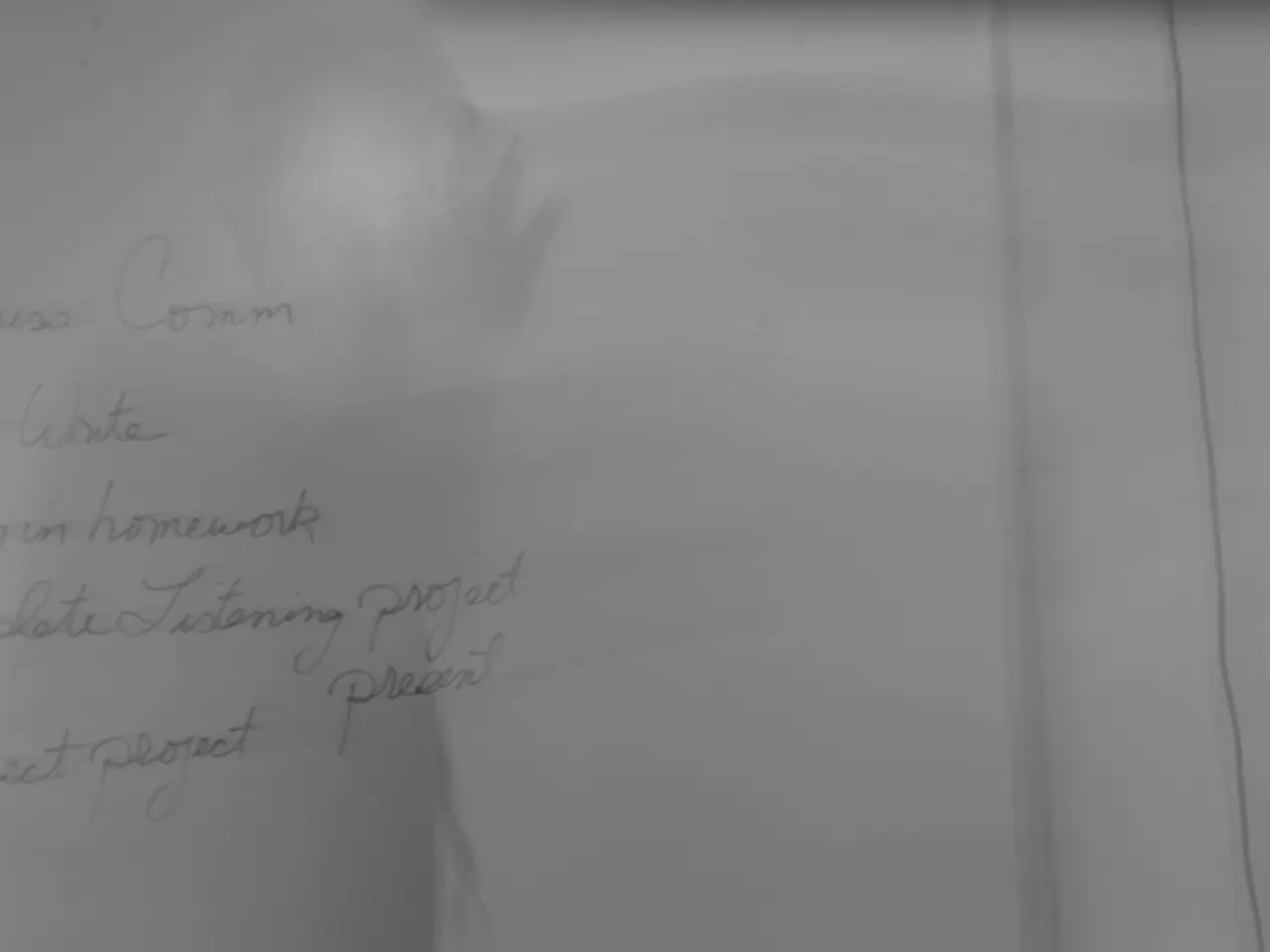Financial Transformation in Retirement Savings: Exploring Private Equity's Influence and Potential Dangers
President Donald Trump has signed an Executive Order that allows 401(k) savers to access alternative assets in their retirement plans. This move, applauded by the Labor Department, aims to expand investment choices for savers.
The change permits investing in a wide range of assets, including companies that aren't publicly traded, private real estate ventures, and cryptocurrency. However, this newfound freedom comes with its share of concerns.
Phyllis Borzi, a Financial Advisor, voices her apprehensions, stating that it's often unclear what funds are inside the fund-of-funds, how they're valued, and what the underlying risks are. The typical investor might not have sufficient knowledge to assess the risks of complex private and alternative investments.
Josh Tolley, CEO at Kingsbridge Brokers, counters this view, believing the change could have a positive impact on investors as long as they understand the risks. He argues that allowing private equity in 401(k)s helps to level the playing field, giving more options to non-accredited investors who were previously excluded from private placement vehicles.
However, there are potential risks to consider. For instance, struggling funds could use everyday savers' money as a bailout when things get rocky. Fund managers might also use 401(k) investors' money to pay back other investors looking to make an exit.
Lack of liquidity is another significant concern. Investors may not be able to sell their shares easily, especially in the case of private equity and alternative investments. Additionally, there's a lack of transparency in these investments, making it difficult to know exactly what one is investing in.
Despite these concerns, proponents of the change argue that it could provide benefits. Henry Yoshida, CEO, CFP and co-founder of Rocket Dollar, thinks this change could help protect savers from inflation by providing investments in real assets such as real estate, commodities, and infrastructure.
BlackRock, a leading investment management corporation, believes private equity in 401(k)s could help millions of Americans enjoy better returns in their retirement plans. In fact, they estimate that introducing this option could generate about 15% more money in the typical participant's 401(k) plan over a 40-year period.
However, it's important to note that private equity and alternative investments often come with higher fees compared to large-cap stock mutual funds or index funds. Savers should be aware that while they might have more choices for investing their money, it's important to understand what they're getting into.
Yoshida emphasizes the need for proper education on the risks and potential pitfalls of private equity and alternative investments in 401(k)s. As with any investment decision, it's crucial for savers to do their due diligence and seek advice from financial professionals before making any changes to their retirement plans.
Some lawmakers are sounding alarms about the change, warning that private assets might not be subject to the same disclosure rules and scrutiny as publicly traded assets. As the implications of this Executive Order unfold, it's essential for savers to stay informed and make decisions that align with their risk tolerance and financial goals.
Read also:
- Strategizing the Integration of Digital Menus as a Core Element in Business Operations
- Financial Actions of BlockDAG Following Inter and Borussia Agreements: Anticipating Future Steps
- International powers, including France, Germany, and the UK, advocate for the reinstatement of sanctions against Iran.
- Republicans advocate Trump's domestic policy plans in Iowa, though some business owners remain skeptic








